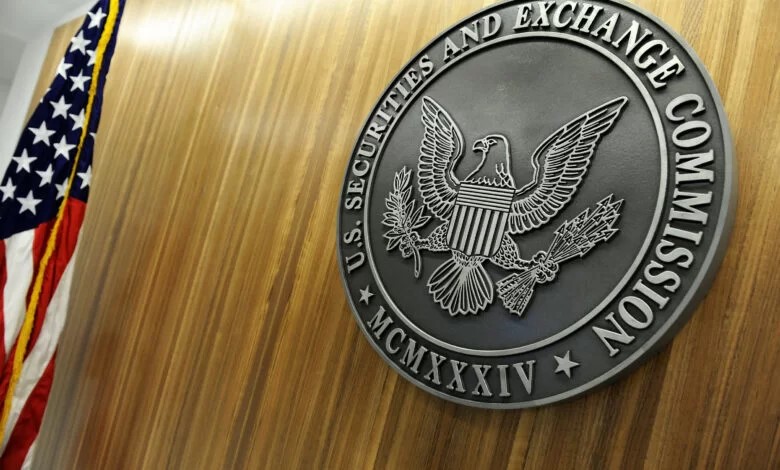SEC Charges Rari Capital for Misleading Investors and Unregistered Broker Activity

The Securities and Exchange Commission (SEC) announced that Rari Capital, Inc., a purported decentralized finance (DeFi) protocol, along with its co-founders Jai Bhavnani, Jack Lipstone, and David Lucid, have settled charges related to misleading investors and operating as unregistered brokers.
The case involves two blockchain-based investment platforms that, at their peak, held more than $1 billion in crypto assets. The SEC also accused Rari Capital of conducting unregistered offerings of three securities tied to these platforms.
In a separate action, Rari Capital Infrastructure LLC, which took over operations from Rari Capital in 2022, was charged with unregistered securities offerings and broker activities.
According to the SEC’s complaint, Rari Capital offered two investment products: Earn pools and Fuse pools. These functioned like crypto asset investment funds, allowing investors to deposit assets into lending pools—either managed by Rari (Earn) or user-created (Fuse)—and earn returns.
Investors received tokens representing their stake in the pools, which gave them rights to profits. Some Earn pool investors were also issued a governance token called the Rari Governance Token (RGT). The SEC claims that Rari Capital sold these interests without proper registration, constituting unregistered offers and sales of securities.
Moreover, the company and its co-founders allegedly misled investors by claiming that the Earn pools would autonomously rebalance assets to maximize returns, when manual intervention was often required, which they sometimes neglected. They also promoted high annual percentage yields without accounting for fees, resulting in significant losses for many Earn pool investors. Additionally, the SEC alleges that Rari Capital and its co-founders engaged in unregistered broker activities by operating the Fuse platform.
Rari Capital Infrastructure, which took over the Fuse platform in 2022, continued to unlawfully offer and sell interests in the pools, as well as perform unregistered broker activities, according to a separate SEC order.
Monique C. Winkler, Director of the SEC’s San Francisco Regional Office, emphasized that the agency will scrutinize the actual economic realities of products labeled as “decentralized” or “autonomous” and hold individuals accountable if they harm investors or violate securities laws.
The SEC’s complaint, filed in the U.S. District Court for the Central District of California, charges Rari Capital and its co-founders with violating registration and antifraud provisions of the Securities Act of 1933 and the broker registration provisions of the Securities Exchange Act of 1934.
Without admitting or denying the charges, the company and its co-founders agreed to settle, which includes permanent and conduct-based injunctions, civil penalties, disgorgement with prejudgment interest, and a five-year officer-and-director bar for the co-founders, pending court approval. Rari Capital Infrastructure also consented to a cease-and-desist order.
The SEC’s investigation was led by Madiha M. Zuberi and Erin E. Wilk of the Crypto Assets and Cyber Unit, under the supervision of Jason H. Lee and David Zhou from the San Francisco Regional Office.





